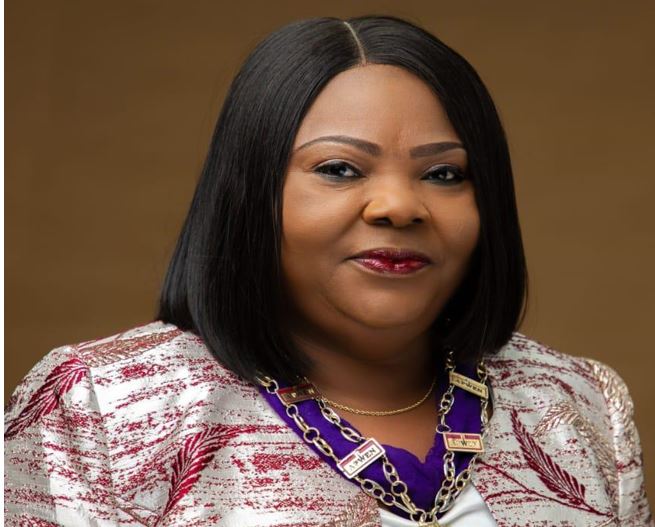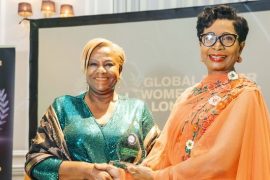The Association of Professional Women Engineers of Nigeria (APWEN) has called for deliberate efforts to bridge the existing gender gap at all levels of Science, Technology, Engineering and Mathematics (STEM) across the country.
APWEN said although, women have made tremendous progress towards increasing their participation in higher education, they are still under-represented in these fields.
The group also made a case for adequate funding of water projects to ensure availability and eliminate the spread of water-related diseases.
APWEN President, Dr. Elizabeth Eterigho, who made the call at the International Day for Women and Girls in Science, highlighted women and girls roles in science and technology.
The day was adopted by the United Nations to promote equal access and participation for women and girls in science. To achieve the target of gender equality and the empowerment of women and girls, the United Nations at the General Assembly in 2015, set aside February 11 yearly to mark the day. The theme of the year is – ‘Equity, diversity and inclusion: water unites us’.
Eterigho stated the need for equity, which denotes fairness and justice in the way people are treated so that everyone can get equal opportunity to live healthy and productive lives as well as diversity, which acknowledges development measures that will affect people from different gender, ethnic, socio-cultural and religious backgrounds differently.
She said: “On the other hand, inclusion refers to the right to participate, irrespective of your gender, social status or affiliation. Science and gender equality are both paramount for the achievement of the development goals, including the 2030 Agenda for Sustainable Development. Over the past 39 years, APWEN has made significant strides in encouraging and engaging women and young girls in science.”
The APWEN’s president said people must ensure sustainable management of resources as Water, Sanitation, Hygiene (WASH) and ocean issues are at the core of sustainable development because they are closely connected to several key global challenges such as energy, food security, biodiversity, health and climate change.
However, she said its availability is scarce as the United Nations reported that while substantial progress has been made in increasing access to clean drinking water and sanitation, billions of people in rural areas still lack these basic services.
Quoting a UN’s report, she said one in three people do not have access to safe drinking water globally, two out of five people do not have a basic hand-washing facility with soap and water, and more than 673 million people still practise open defecation.
Eterigho said: “The COVID-19 pandemic has shown the importance of sanitation, hygiene and adequate access to clean water to prevent diseases. The World Health Organisation reported that hand washing is one of the most effective actions to reduce spread or prevent infections. Yet billions of people still lack safe water sanitation, coupled with inadequate funding for water.
“Globally, today, it is expected that we highlight the role of women in science and technology in solving water-related challenges by creating awareness and earning a commitment from decision-makers and the public for this issue that affects the lives of millions, particularly, the disadvantaged.”





Comments are closed.